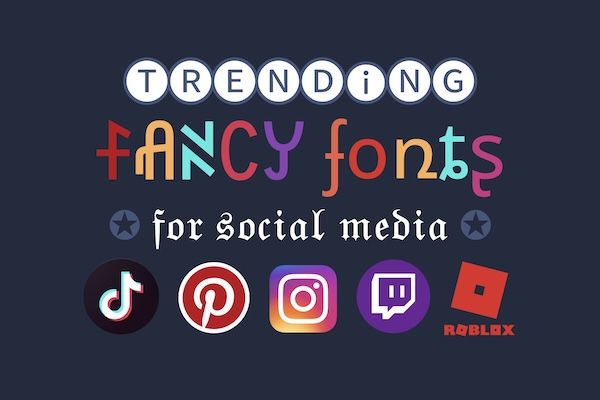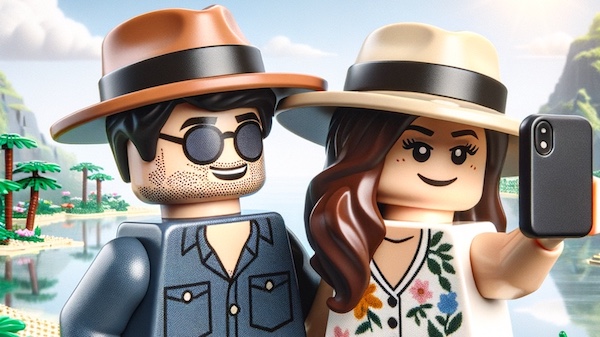Writing is a beautiful art form that allows you to express your thoughts, feelings, ideas, and emotions through words. Whether you want to improve your writing skills or find a fun way to let your creativity shine, writing as a hobby can be a fulfilling experience. If you're wondering how to start writing as a hobby? Let's find out together!

A creative writing hobby can be a great way to get your unique ideas and thoughts into words, unleash your imagination, and explore different perspectives through storytelling.
Whether writing a short story, poem, essay, or novel, creating something from scratch can be challenging and rewarding. It can help you develop your writing prowess and creativity, boost your confidence, and connect with others who share your passion.
While writing as a hobby may not necessarily lead to a career as a professional writer, it can improve your performance at school and work and provide a fantastic outlet for creativity.
So read on to find out exactly how to make writing a hobby!
⭐ Ever wondered, 'What hobby should I take up?' Well, we've got you covered with our hobby list! Whether it's painting, baking, coding, or gaming, you'll find many exciting hobby ideas for kids, teenagers & adults. Ready to discover your next hobby? Dive right in!
I love to say: "My hobby is writing"! This is how I made Writing my hobby
My favourite hobby is writing, and I find it is one of the best pastimes I have ever had. I also pursued reading as a hobby, and as I continued, I began to feel the desire to write my own stories, essays, and blogs.
At first, I was hesitant to start because I thought I lacked the talent and skill required to make a piece of writing worth reading.
However, I soon realised that writing is not just for the experts but is something that anyone can enjoy and benefit from. And the more you write, the better your writing capabilities become!
Writing has become an essential part of my daily routine, and I make sure to set aside some time every day to work on my writing projects.

I enjoy the process of coming up with new ideas and finding the best way to express them. I like drafting outlines and crafting sentences that convey my thoughts and feelings most effectively.
Whether I am working on a short story, a personal essay, or a blog post, I find that writing helps me:
clarify my thinking,
organise my ideas, and
express myself in a way that feels authentic.
Writing has also provided me with a sense of accomplishment and pride. When I finish a piece and read it over, I feel a deep sense of satisfaction knowing that I created something that is entirely my own.
Writing has helped me:
develop my creativity,
sharpen my critical thinking skills, and
understand my mind better.
It has also allowed me to connect with other writers and readers who share my passion for storytelling.
I made many like-minded friends, some of whom even wanted to become successful authors and are working on achieving their dreams. It's made me really inspired and grateful that I started this hobby!
Thus, writing as a hobby is an excellent way to explore your creativity, upgrade your writing skills, and express yourself in a way that is unique and personal.
There is always room to grow and learn as a writer, no matter how long you've been developing your writing forces for.
So, if you have been considering taking up writing as a hobby, I encourage you to get started today and see where it takes you!
Importance and benefits of writing and reading
Reading and writing are crucial skills that play a significant role in our personal, educational, and professional lives.
Below are some of the benefits of writing and reading and why they are so important:
Communication: Writing is important for communication with others. Whether we want to express our thoughts, feelings, or ideas, we need to be able to write effectively to convey our message accurately.
Personal Development: Reading can broaden our knowledge, understanding, and perspective on various subjects. It can also be a great way to learn about different cultures, experiences, and viewpoints that can make us become more well-rounded individuals.
Academic Success: Reading and writing are fundamental skills in academics. It's essential to be able to read, comprehend and use information from textbooks, articles, and research papers to succeed in school. Additionally, writing is essential for accurately and concisely expressing what you have learned.
Career Advancement: Reading and writing are non-negotiable skills in most jobs. Whether it's writing emails, creating reports, or drafting proposals, effective writing skills are essential to convey ideas professionally and efficiently.
Critical Thinking: Reading and writing also improve our critical thinking skills. When we read, we analyze information and form opinions. When we write, we must organise our thoughts and present them in a logical and coherent manner.
Reading and writing are fundamental skills that greatly impact our personal and professional lives. You can read even more about the benefits of reading here.
💡 DId you know? When writing non-fiction, you improve your skills in research; when enjoying a creative writing hobby, you develop your creativity; and when writing one daily journal, you find out who you truly are and what areas of your life you should work on.
Is writing a hobby?
Writing can be a hobby if you're consistent with it and enjoy it. You can write to express yourself or to improve your professional skills. Writing can be a fun and creative way to do this.
Writing can take many forms, such as:
fictional stories,
non-fiction essays,
poetry,
journaling,
blogging, or
writing in a personal diary.
Some people also enjoy participating in writing communities, writing competitions, challenges or creative writing courses to share their work and receive feedback from others.
Whether it's for personal enjoyment or to pursue a career as a writer, writing can be a fulfilling and enjoyable hobby.
So, if you're looking for a fun and rewarding creative hobby, consider taking up writing!
Is writing a good hobby?
Yes, writing can be a good hobby for many reasons:
Firstly, it's a way that allows you to express yourself in a creative way, which can be very fulfilling. Whether you're a busy writer writing fiction, poetry, or personal essays, you can explore your thoughts, feelings, and ideas on paper.
Secondly, writing can help you improve your communication skills. By practising writing regularly, you can learn how to articulate your thoughts more clearly and effectively, which can benefit you both personally and professionally.
Finally, writing can be a great way to relieve stress and boost your mental health.
The "Effects of Expressive Writing on Psychological and Physical Health: The Moderating Role of Emotional Expressivity" research paper has shown that expressive writing can help reduce anxiety, depression, and other negative emotions.
Writing as a new hobby can be very rewarding and enjoyable, and I would encourage anyone interested to try it!

How to start writing as a hobby
To know where to begin writing as a hobby, take the following steps:
Choose a topic or genre that interests you: Think about what types of writing you enjoy reading and what topics you are passionate about. It could be a genre of fiction, non-fiction, poetry, or even journaling. This will help you stay motivated and engaged with your writing.
Create a writing space: It's important to have a dedicated space for writing where you feel comfortable and inspired. This could be a quiet corner of your home or a local coffee shop. Make sure it's a place where you can focus and avoid distractions.
Gather your writing tools: Make sure that you have a notebook and a couple of pens or a laptop if you prefer typing. You might like to purchase a notebook with a pretty cover or some stickers to decorate your laptop so you can be more motivated and write for fun.
Set aside time to write regularly: Schedule regular writing sessions in your calendar, even if it's just for a few minutes each day. Make it a priority and stick to your schedule if you want to improve your writing and/or turn it into a hobby.
Experiment with different writing styles: Don't be afraid to try new things and experiment with different types of writing. You may discover a new passion for poetry or find that you love writing short stories. Also, don't shy away from genres you have never written before - it's a great way to exercise your creativity and imagination!
Find a writing community: Join a writing course or community where you can share your work, get feedback, and connect with others for whom writing is a hobby. This can be a great way to stay motivated and learn from others. In fact, some writing groups meet regularly to share what they're working on - this will keep you accountable and ensure you write regularly.
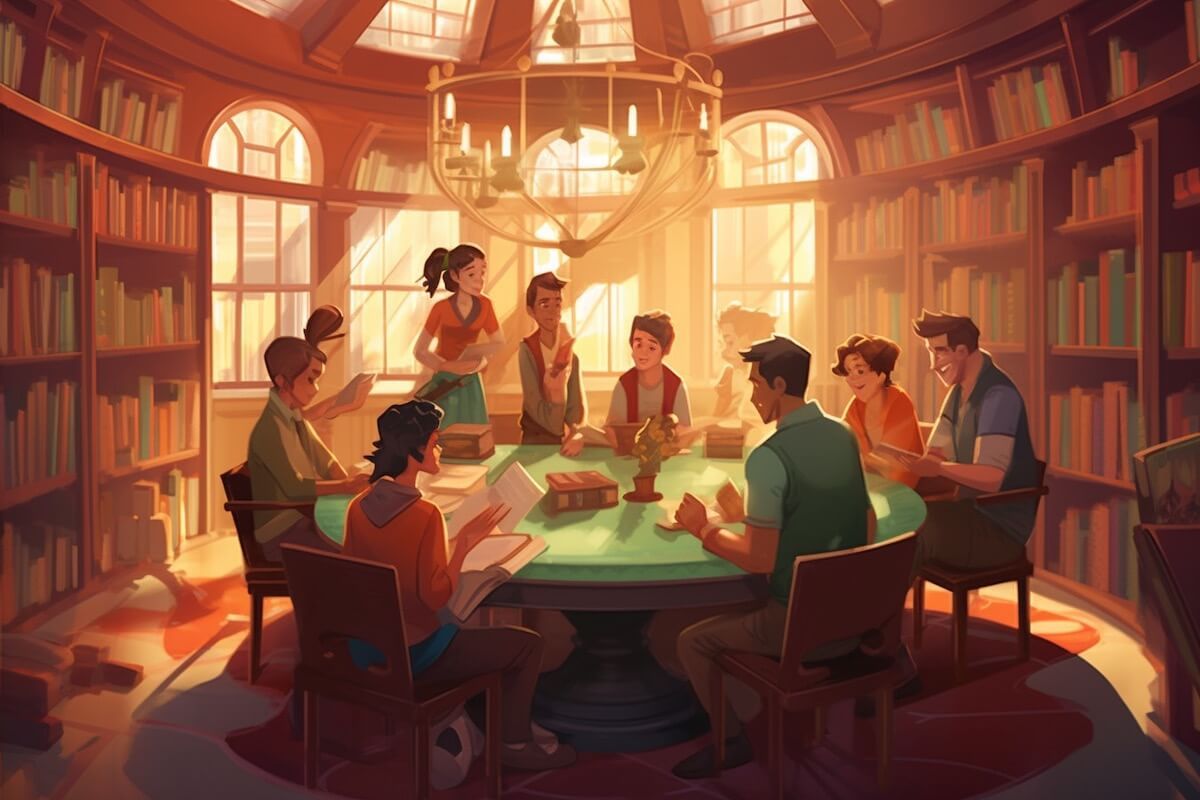
Remember to write for fun first, instead of writing what everyone else is or what others are telling you to.
Don't put too much pressure on yourself to be perfect. Just start writing as a hobby and let your creativity flow.
With time, your skills will improve, and maybe you could become a successful professional writer one day!
How to develop writing as a hobby
To develop writing as a hobby, some tips to get started are:
Start with short writing exercises: Begin by writing short pieces of prose or poetry. Try to experiment with different styles and techniques. You can use writing prompts or try writing about a particular topic or theme.
Read widely: Reading is an essential part of developing your writing skills. Read books, magazines, and online articles from various genres and authors to help you find your voice and style.
Write every day: Consistency is key to developing any skill, including writing. Try to write something every day, even if it's just a few lines in a journal or a short blog post.
Join a writing group near you: Joining a writing group can help you connect with other writers, receive feedback on your work, and improve your skills. Look for local writing groups or online communities.
Attend writing courses and creative workshops: Attending writing courses or school holiday programs can provide valuable feedback, guidance, and inspiration. Look for writing workshops or courses in your local community or online.
Set goals: Setting writing goals can help you stay motivated and focused. Decide on specific writing goals, such as writing a certain number of words or completing a short story, and work towards achieving them.
Edit and revise: Editing and revising are important parts of the writing process. After you've written a piece, take the time to review it, make changes, and refine your work.

Remember that developing writing as a hobby is a process that takes time and practice. Keep writing, stay inspired, and enjoy the adventure!
You'll look back on your journey with many interesting works to read with pride and share with your friends and family.
Writing as a hobby ideas
A writing hobby can be a fun way to express yourself creatively. You can try many different things with it. Here are some ideas to start writing as a hobby.
Start a blog: Blogging can be a great way to explore your interests and share your thoughts with the world. You could write about a specific topic or simply journal your experiences. You can even learn about SEO and affiliate marketing to turn your blog into a profitable side hustle!
Write short stories: If you enjoy fiction, try your hand at writing short stories. You could experiment with different genres or focus on a particular theme.
Keep a journal: Writing in a journal can be a therapeutic and reflective exercise that reveals more about yourself, your inner emotions and your desires. You could write about your daily life, dreams, aspirations, ideas, and creative process. It's a fun and rewarding way to relax and unwind regularly.
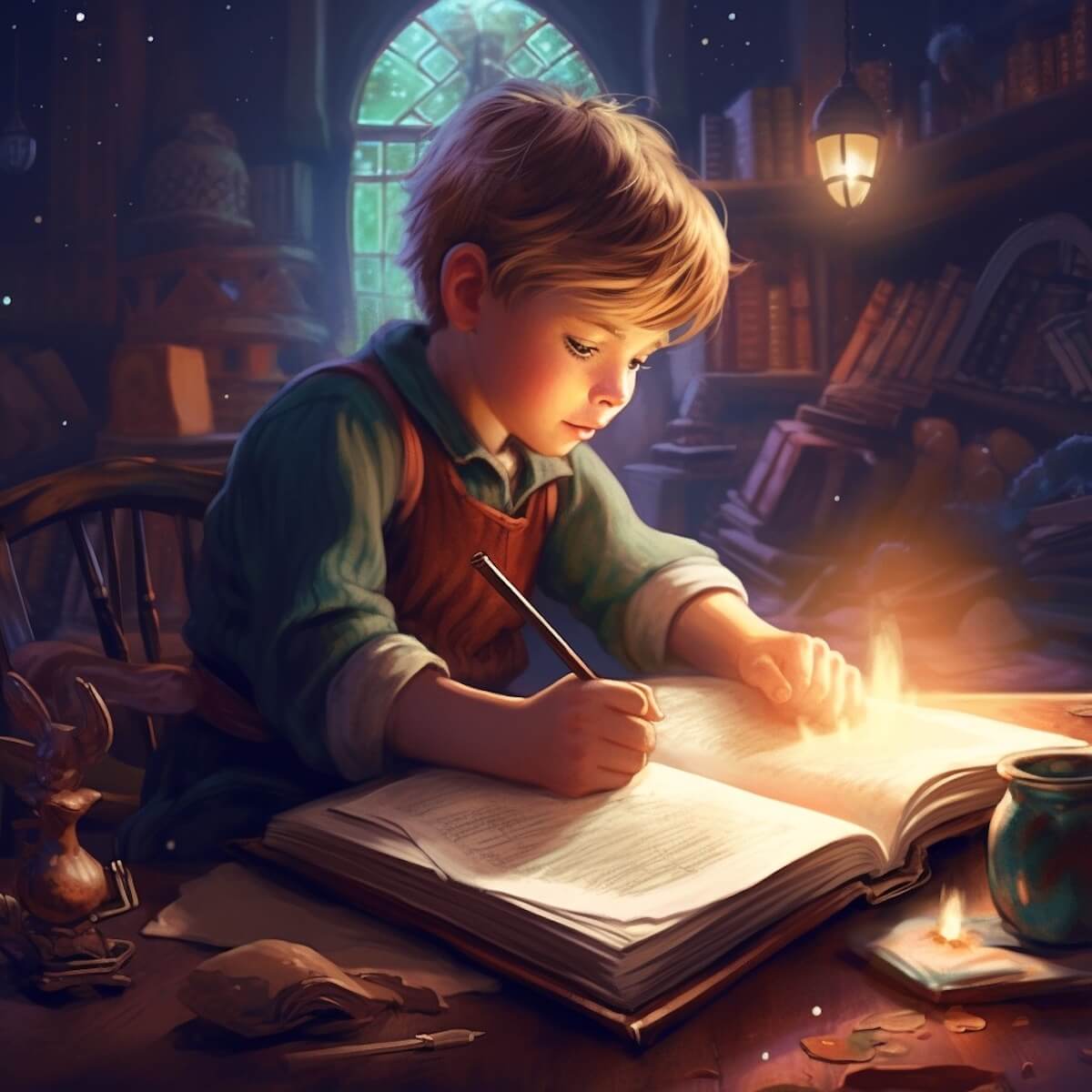
Try poetry: Poetry can be a challenging but fun and rewarding form of writing. You could experiment with different forms and styles or focus on a particular subject or emotion. Your vocabulary can expand as you look for synonyms and words that rhyme with each other.
Write fan fiction: If you're a fan of a particular TV show, movie, or book series, why not try writing your own fan fiction? You could explore alternate plot lines or delve deeper into different characters' lives. You can even come up with a prequel or sequel to your favourite stories.
Start a book: If you have an interesting story to tell, consider writing a book. Choose from many types of writing genres, such as romance, sci-fi, historical fiction and more. Or, you could even write a memoir about your own life experiences or a biography about someone you admire.
Write a script or screenplay: If you love movies or plays, try your hand at writing a script or screenplay. You could adapt a book, come up with a sequel or prequel, or turn a historical event into an exciting play or movie plot. Alternatively, you can come up with your own completely original story!
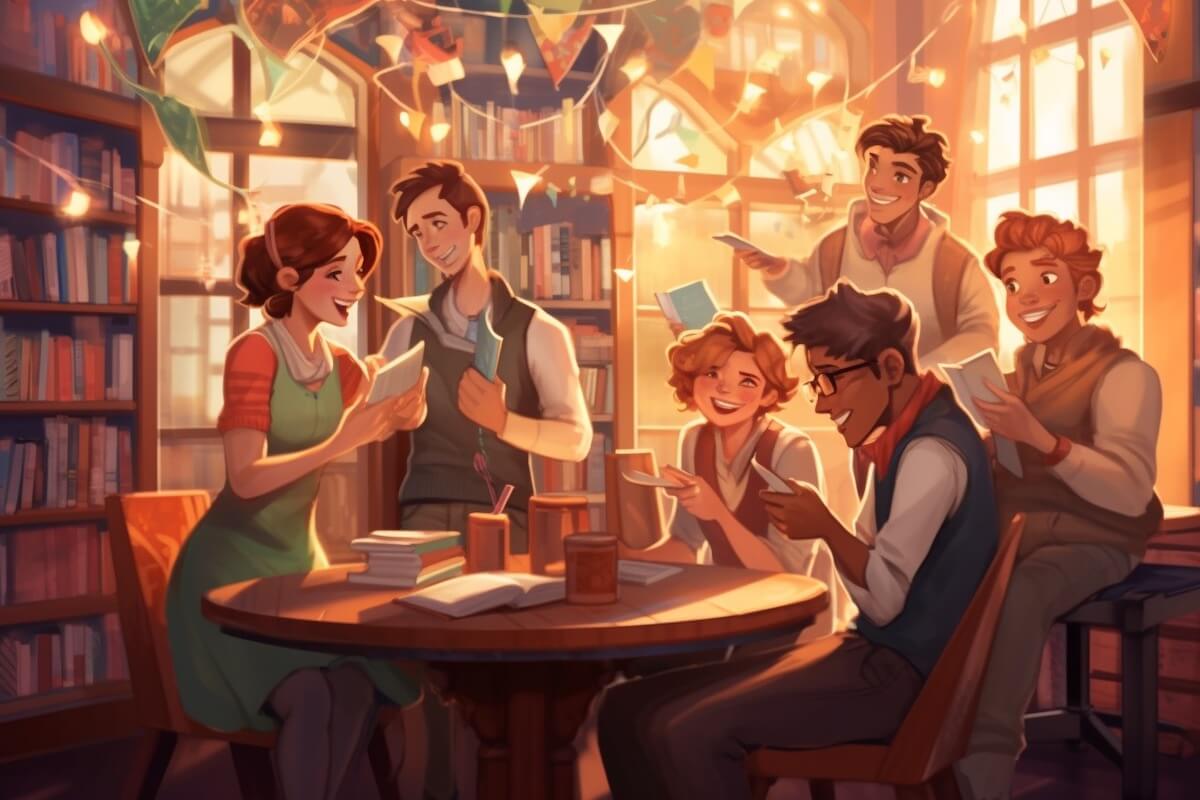
Experiment with different styles: Don't be afraid to try different styles of writing. You could try to write stories in different tenses, experiment with different points of view, or even write in a different language. This can help you discover your unique writer's voice and a way to tell stories.
Write essays on your favourite topics: If you're at school or university, writing essays is a key part of your studies. If you don't think you're a great academic writer, consider writing your hobby, where you improve your academic writing abilities through regular practice. Choose topics and prompts that interest you to make writing more enjoyable.
Participate in writing challenges: There are many writing competitions online, from NaNoWriMo (National Novel Writing Month) to flash fiction challenges. Participating in these challenges can help you stay motivated and improve your writing skills.
Collaborate with other writers: Writing doesn't have to be done alone. You can collaborate on a project with other writers, such as a co-authored book or blog. You can also share your writing with others for feedback and advice.
Join writing courses near you: Writing courses can be particularly helpful for beginners or young writers. You can join writing classes in your area during the next Australian school holidays. A writing course can help you learn about the basics of story structure, character development, dialogue, and more. Also, feedback that you receive from your tutor can help you improve your writing skills.
Join writing courses online: If you want to improve your writing skills and learn how to write stories that capture readers' attention, you can take a creative writing course online.
✨ Master the art of storytelling ✨ with a great creative writing course online where the renowned Margaret Atwood, the author of The Handmaid's Tale, teaches how to write compelling, descriptive and engaging stories that make readers want to keep reading. Check it out!
A creative writing hobby can take many different forms. For example, you can write short stories, novels or poems.
You can practice writing essays to improve your skills for school. Or, you can learn more about your inner self through journalling or keeping a diary.
Writing is a fun, rewarding hobby and gives you infinite creative freedom.
Will writing become obsolete?
While it's difficult to predict the future with certainty, it seems unlikely that writing will become completely obsolete.
Writing has been a fundamental human communication and record-keeping tool for thousands of years. Even though there are new technologies and ways to communicate, writing is still important for sharing information and ideas.
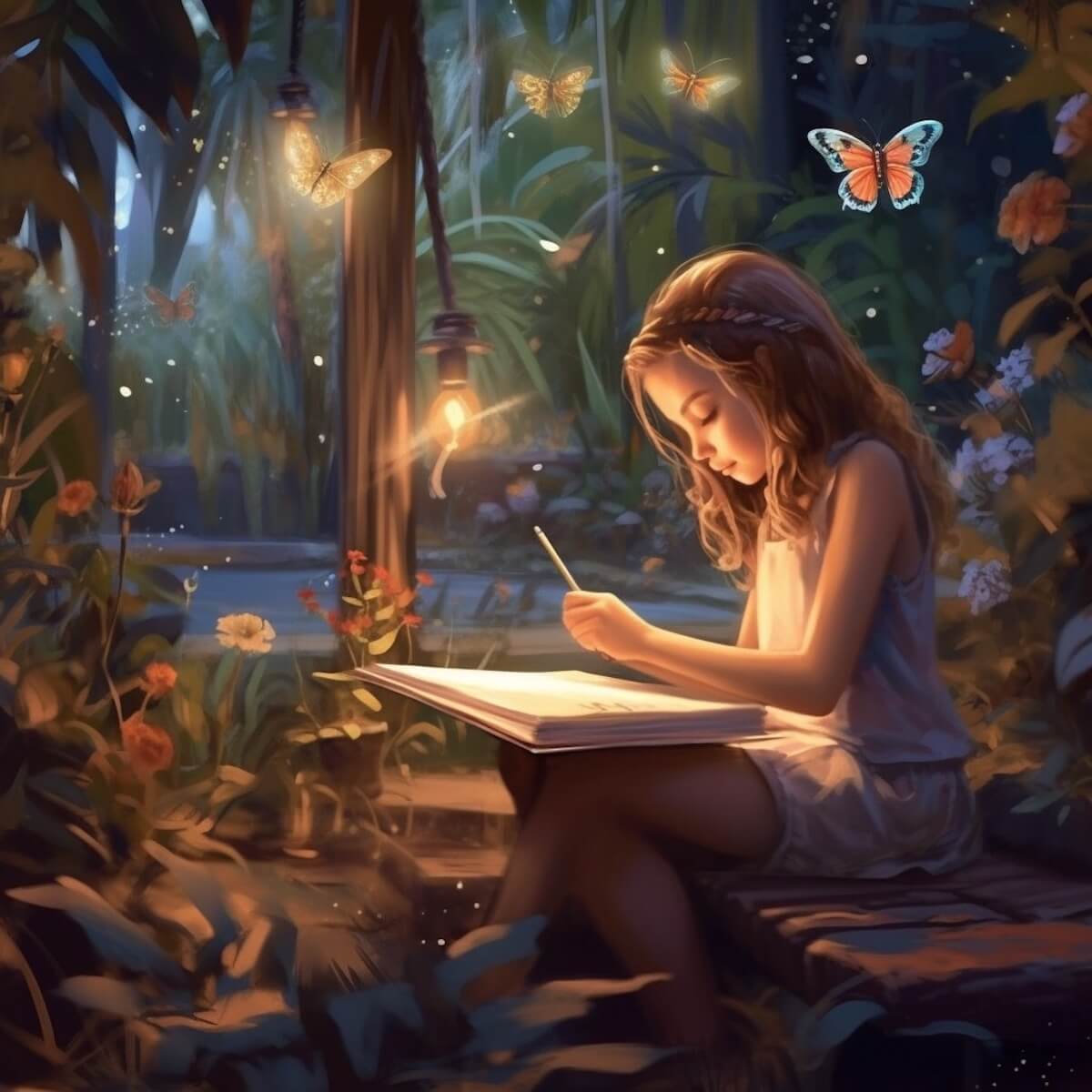
In fact, writing has only become more important in the digital age as we communicate more frequently and across greater distances than ever before.
While technologies like voice recognition and artificial intelligence (AI) may reduce the need for some types of writing, humans will likely need to write, communicate complex ideas, create narratives, and record information for future generations.
Furthermore, writing has a cultural and artistic value that will probably stay important for a long time. Whether in the form of novels, poetry, or essays, writing can inspire, challenge, and provoke thought in ways other communication forms cannot.
While writing may evolve and adapt to new technologies and communication methods, it seems unlikely that it will become obsolete anytime soon.
In summary, writing as a hobby can be a wonderful activity for tweens, teenagers and adults who enjoy expressing themselves creatively, especially through writing.
A writing hobby, like journaling, blogging, and writing poems or short stories, can help improve your communication skills, make you more creative, allow you to express yourself, and even help you do better at school or work.
In addition, writing is a hobby that can provide a sense of pride and accomplishment and an opportunity to connect with others who share similar interests.
So why not give writing a go today?
Disclaimer: Our website is supported by you, our reader! Sometimes, we may earn small affiliate commission when you click through the affiliate links on this page and buy something. If you have any question, please get in touch with us.
Disclaimer
Some images in this article were generated by Midjourney. The images are for illustrative purposes only and should not be used as a substitute for professional advice or judgment.











